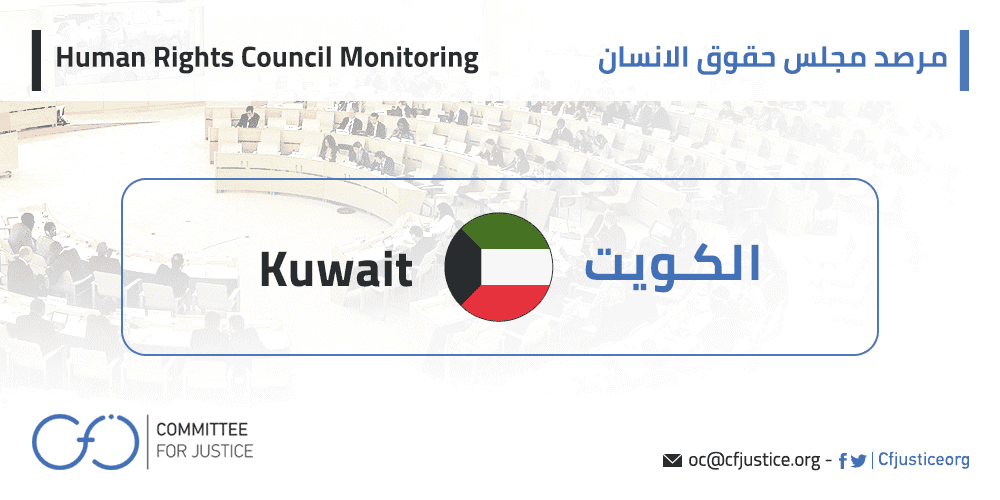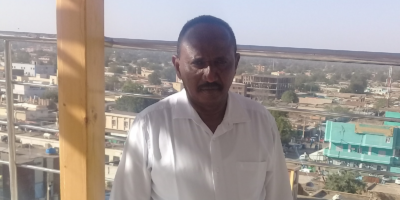News briefing:
Translated and edited by: Committee for Justice
Geneva: 29 September 2021
The Committee on Economic, Social and Cultural Rights of the United Nations Human Rights Council in Geneva reviewed the third periodic report of Kuwait, about the measures taken to implement the International Covenant on Economic, Social and Cultural Rights, and inquired about the situation of domestic workers and women’s rights in the country.
The Permanent Representative of Kuwait to the United Nations Office in Geneva and head of the delegation, Jamal Al-Ghunaim, presented the report and told the committee that sustainable development is at the center of the country’s plans, and the existence of a set of policies aimed at promoting the economic, social and cultural rights of citizens in Kuwait, particularly through the National Plan focusing on Sustainable Development Goal 5 to improve gender equality through projects aimed at ending discrimination against women.
The experts of the Committee made several inquiries about the role of the Kuwaiti National Office for Human Rights, and inquired about the progress made in achieving the goals of the Paris Agreement on Climate Change.
Women’s rights were also a major focus of the committee’s experts, who emphasized that culture or tradition is not a static thing. They also asked detailed questions about the rules related to women’s rights to pass on their Kuwaiti citizenship to their children, and the human rights of foreign workers in the country. The Committee members inquired about Legislation related to strikes and contracts, including for foreign workers and domestic workers, and people’s access to health care, particularly in light of the COVID-19 pandemic.
In response, the Kuwaiti delegation said that progress has been made regarding the situation of women in Kuwait, particularly through the adoption of a law to protect women from domestic violence. The government also ensured that Kuwaiti women could obtain their rights without any discrimination in terms of housing and assistance and that more than half of university graduates were women.
Regarding gender equality, the delegation explained that Islamic Sharia stipulates some aspects, adding that the status of women in Kuwait today is due to mentality and culture.
On the subject of culture, the delegation noted that theater in Kuwait is flourishing as well as folk art and literature, and Kuwait guarantees education for all residents of the territory without any form of discrimination.
It is noteworthy that the delegation of the State of Kuwait included representatives of the Ministry of Foreign Affairs, the Supreme Family Council, the National Council for Culture, Arts and Letters, the Ministry of Interior for Correctional Institutions Affairs and Sentence Implementation, the Public Authority for Manpower Sector of Protection, the Ministry of Education, the Legal Affairs of Health, the Central System for the Remedy of Situations of Illegal Residents, the Ministry of Justice, the Department of Human Rights Affairs, and the Permanent Mission of Kuwait to the United Nations Office at Geneva.
The Committee is expected to issue its concluding observations and recommendations on Kuwait’s report at the end of its seventieth session, which ends on October 8.





